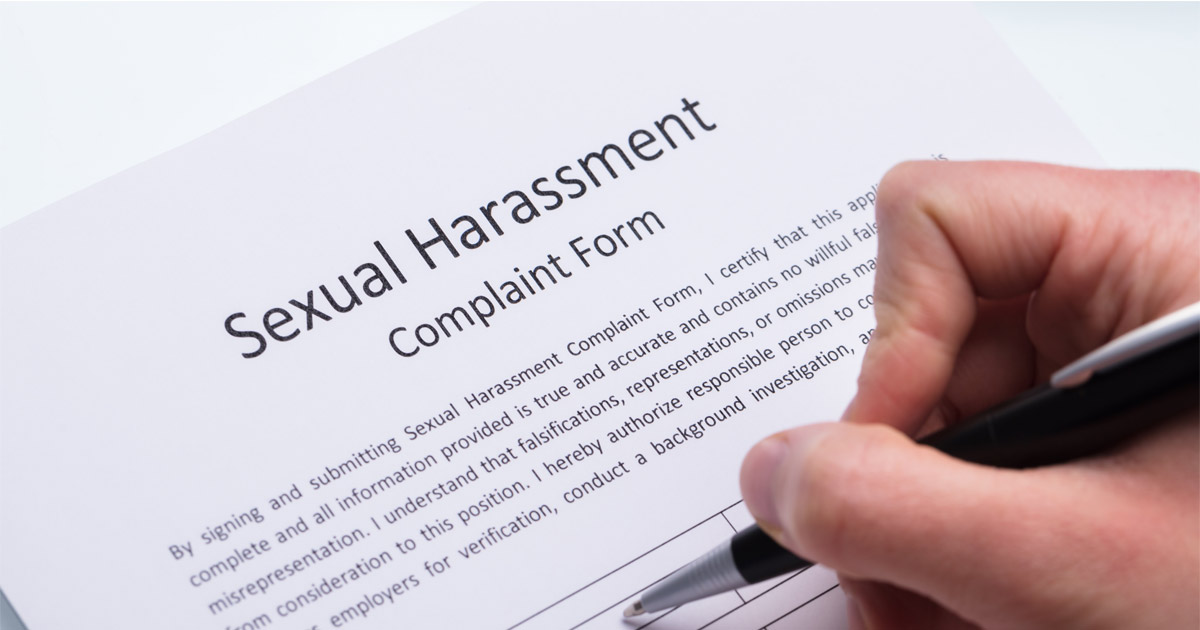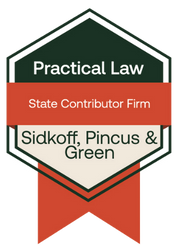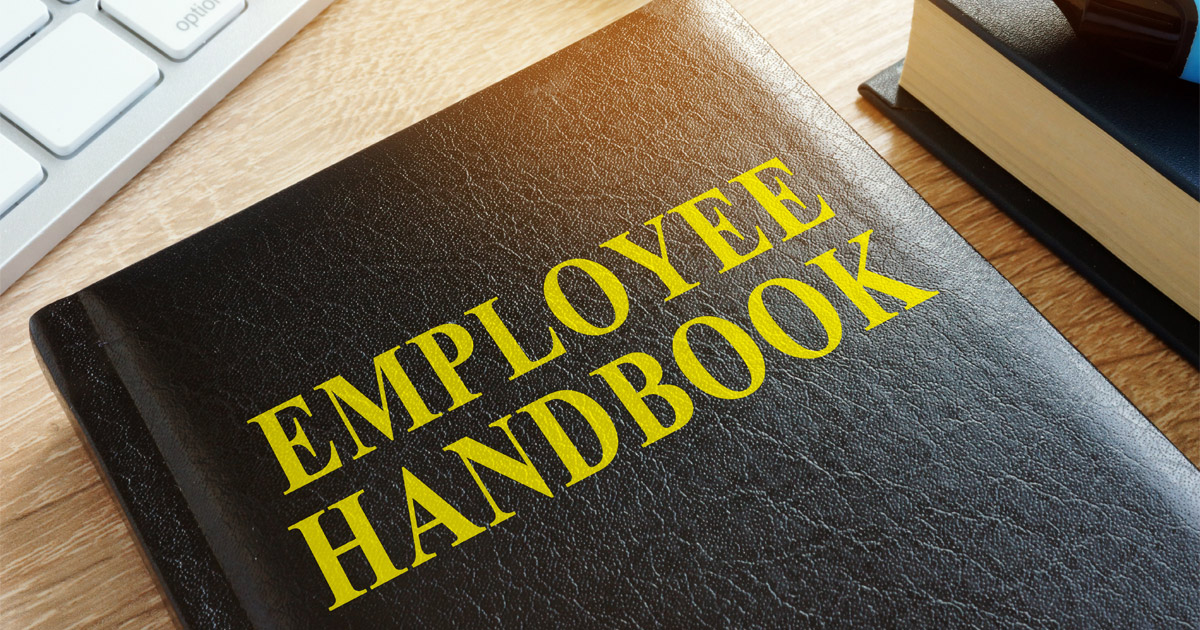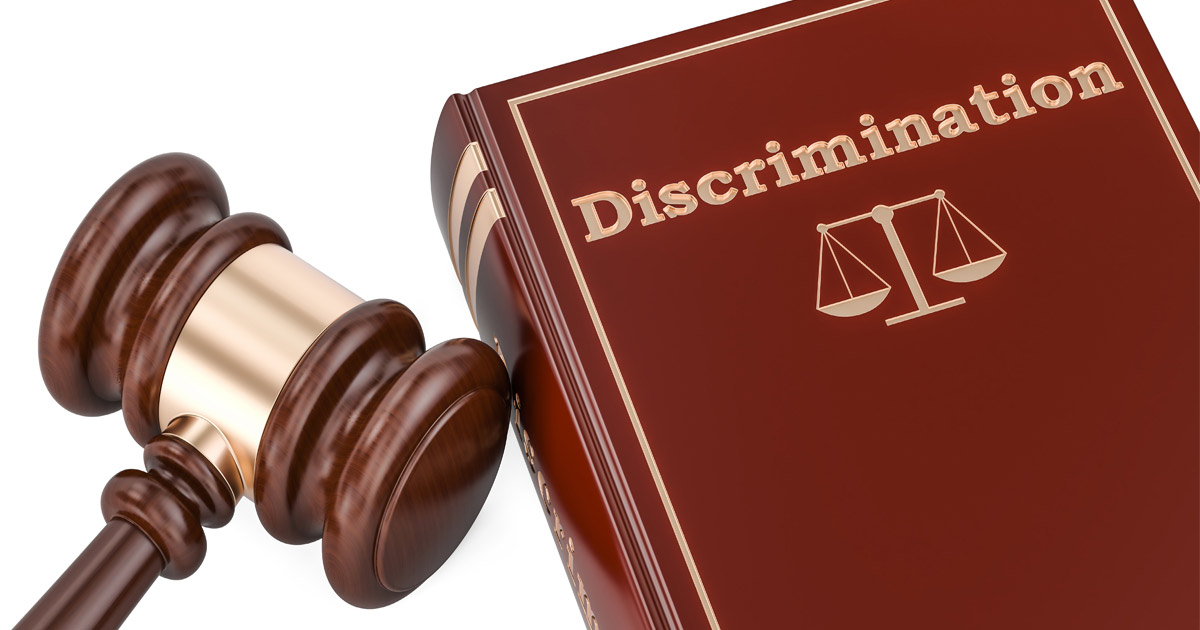Recent Study Reveals Extent of Sexual Harassment in Workplace Culture

A recent survey of 2,120 legal professionals indicated that sexual harassment continues to be a serious problem in the workplace. The study, released by Women Lawyers on Guard, was reviewed in a July 2020 article published in the ABA Journal. The study focused on the effects of sexual harassment, as well as how sexual harassment in the workplace has evolved during the past 30 years. The study concluded that sexual harassment is deeply embedded in workplace culture, and only by changing that culture can progress be achieved.
Survey respondents were asked to characterize sexual harassment incidents in the workplace they experienced in the past 30 years. During that time, the study found a decrease in the percentage of sexual assaults and incidents of threats or bribes in exchange for sexual favors. However, incidents of sexually offensive jokes, sexualized name-calling, and rating women have increased. More than one-third of the incidents today occur in off-site business meetings or at the office, and about one in four occur in private.
Effects of Sexual Harassment
Sexual harassment continues to have negative effects on victims and the workplace environment overall. More than 60 percent of survey respondents reported experiencing anxiety about their careers or workplaces due to sexual harassment. More than one-third believed that the incidents caused a loss in their productivity, and more than one-fourth reported having a negative impact on their careers. Fear of retaliation for reporting sexual harassment was widespread, with 40 percent of respondents replying that this was a concern.
Putting a Stop to Sexual Harassment
It has been more than 55 years since Title VII of the Civil Rights Act outlawed discrimination on the basis of sex. Since that time, most corporations have instituted policies against sexual harassment, requiring employees to attend training courses explaining those policies. Yet, the problem still exists. The Woman Lawyers on Guard study points to several reasons why existing approaches are not working, including the following:
- Sexual harassment is treated as a compliance issue rather than a workplace culture issue;
- Sexual harassment is about power; and
- Unequal power dynamics in corporate structures foster a workplace culture of sexual harassment.
The study suggests that addressing the underlying power imbalance at work must happen first to combat the problem of sexual harassment. Change starts at the top because workplace culture is shaped by the worst behavior the CEO is willing to tolerate, according to the study.
What Steps Can Organizations Take?
The following are steps organizations can take to begin identifying and addressing cultural issues that allow harassment to continue:
- Gather baseline data about the workplace. This includes identifying the demographics of those in power and surveying employees using a confidential, anonymous reporting tools.
- Offer meaningful training. Instead of just showing a video once a year, organizations may consider holding group sessions on topics, such as how bystanders can intervene and stop inappropriate behavior.
- Consider a no-tolerance policy. Rather than let high-performing employees continually get away with inappropriate behavior, organizations should make it clear that all employees must be respectful no matter how much revenue they bring in.
Any type of sexual harassment in the workplace is counterproductive, whether it meets the legal definition of discrimination or creates a hostile work environment. Changing workplace culture is a long process but a necessary one if companies are to move toward positive change.
Philadelphia Employment Lawyers at Sidkoff, Pincus & Green P.C. Respond to Legal Challenges with Experience and Skill
Sexual harassment in the workplace can damage individual productivity and derail careers. The Philadelphia employment lawyers at Sidkoff, Pincus & Green P.C. are familiar with complex legal challenges in cases involving sexual harassment and discrimination. We approach these matters with skill and experience. If you have questions or concerns about sexual harassment in the workplace, discrimination, or any other matter of employment law, call us at 215-574-0600 or fill out our online form. Located in Philadelphia, we serve clients throughout Pennsylvania and New Jersey.




























